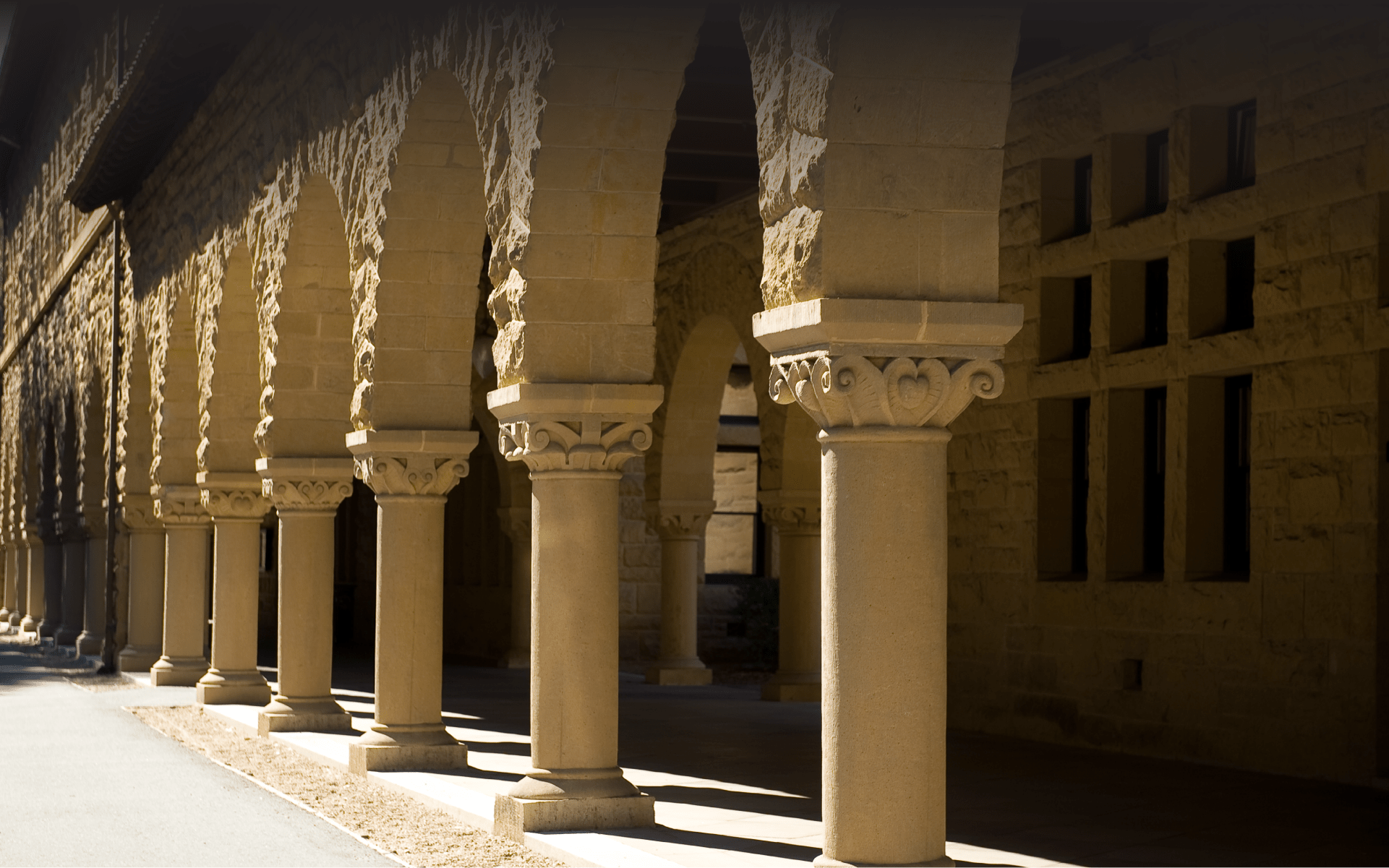FLM 107 — The Blacklist: Fear and Loathing in Hollywood During the 1940s and 1950s
Summer
Tuesdays
6:30—9:00 pm
Date(s)
Jun 23—Jul 28
6 weeks
Drop By
Jul 6
1 Units
Fees
$255
Open
The roots of the Hollywood blacklist began in the 1930s during the height of the Depression, with many writers and artists naively drawn to the basic ideology of Communism. By the late 1940s, the general fear that Communism had become a serious internal threat to the nation’s security resulted in the creation of the House Un-American Activities Committee (HUAC) to ferret out subversive figures. The blistering left-wing faction of Hollywood became a prime target.
The witch-hunt that followed decimated a considerable part of Hollywood’s vast and wildly creative talent pool. Brilliant careers were suddenly and often tragically ended with reputations damaged as widespread (and unfounded) fears about Communist infiltration of the film industry reached a panic level—fueled largely by ruthless political zealots like Joseph P. McCarthy, then a US senator from Wisconsin.
This course will focus on films created by those most affected by this shameful scourge. Subversively camouflaged genre films like Edward Dmytryk’s condemnation of anti-Semitism, Crossfire, Nicholas Ray’s gender-defying revisionist western, Johnny Guitar, and Jules Dassin’s savage prison drama Brute Force—all allegorical commentaries on the blacklist itself—will be but three of the six films we will watch and discuss in a course that promises to be a fascinating and informative survey of Hollywood’s most frightening real-life horror story.
The witch-hunt that followed decimated a considerable part of Hollywood’s vast and wildly creative talent pool. Brilliant careers were suddenly and often tragically ended with reputations damaged as widespread (and unfounded) fears about Communist infiltration of the film industry reached a panic level—fueled largely by ruthless political zealots like Joseph P. McCarthy, then a US senator from Wisconsin.
This course will focus on films created by those most affected by this shameful scourge. Subversively camouflaged genre films like Edward Dmytryk’s condemnation of anti-Semitism, Crossfire, Nicholas Ray’s gender-defying revisionist western, Johnny Guitar, and Jules Dassin’s savage prison drama Brute Force—all allegorical commentaries on the blacklist itself—will be but three of the six films we will watch and discuss in a course that promises to be a fascinating and informative survey of Hollywood’s most frightening real-life horror story.
Elliot Lavine, Film Programmer
Elliot Lavine has been programming films for the Roxie Theater in San Francisco since 1990, including the Roxie’s annual film noir festival, “I Wake Up Dreaming.” In 2010, he received the Marlon Riggs Award from the San Francisco Film Critics Circle for his revival of rare archival titles and his role in the renewed popularity of film noir.Textbooks for this course:
No required textbooks
